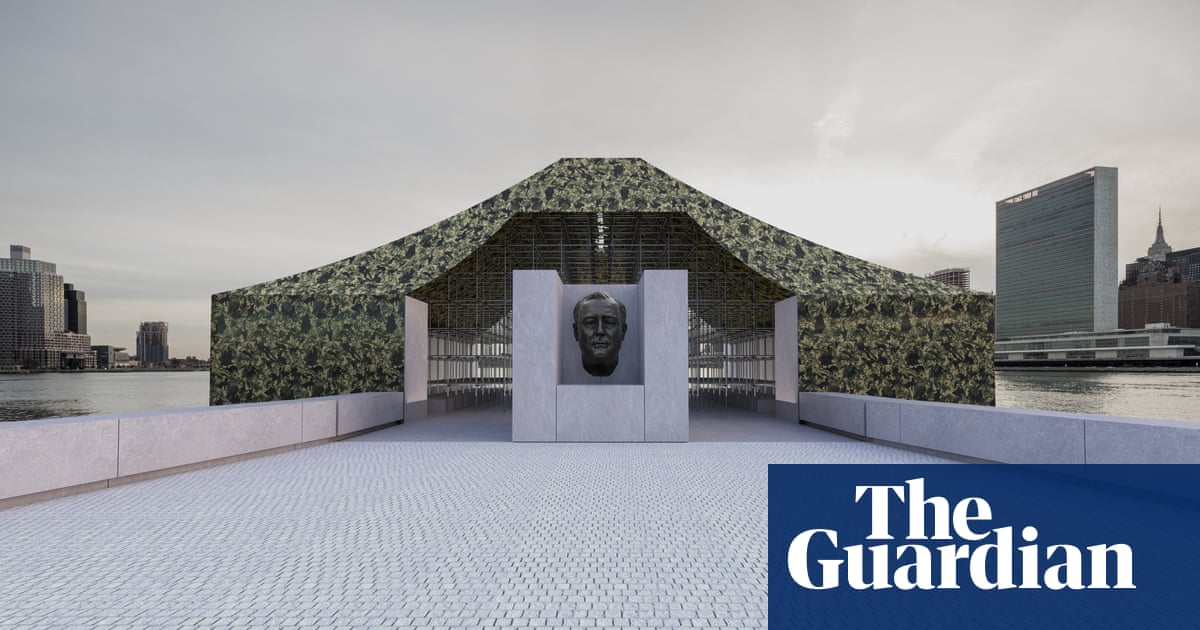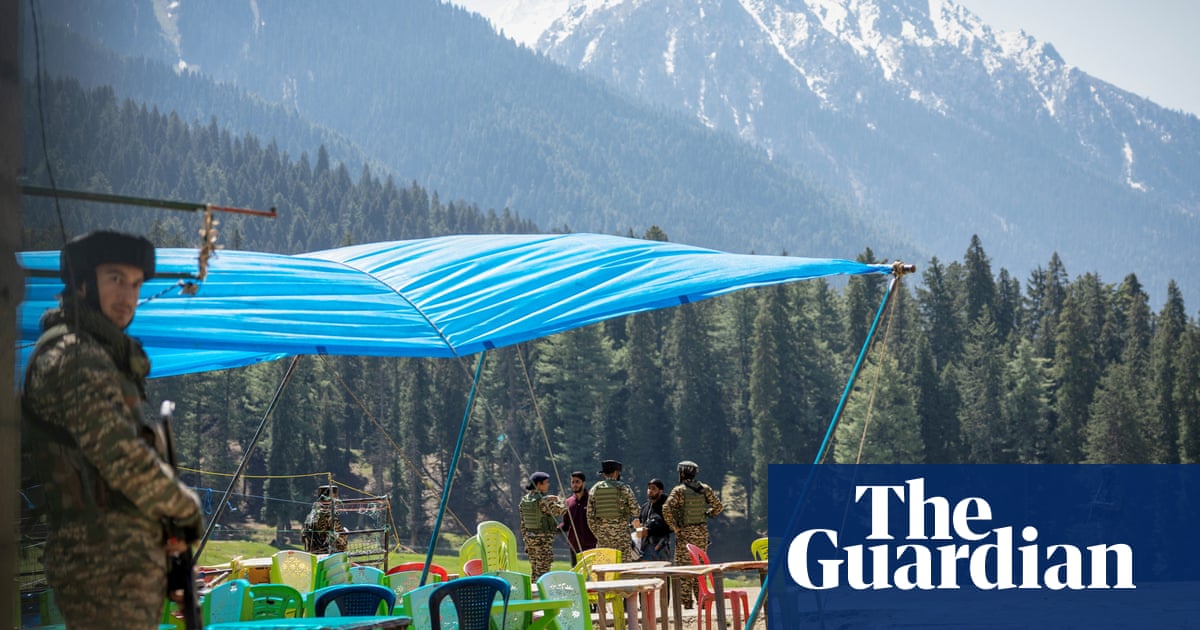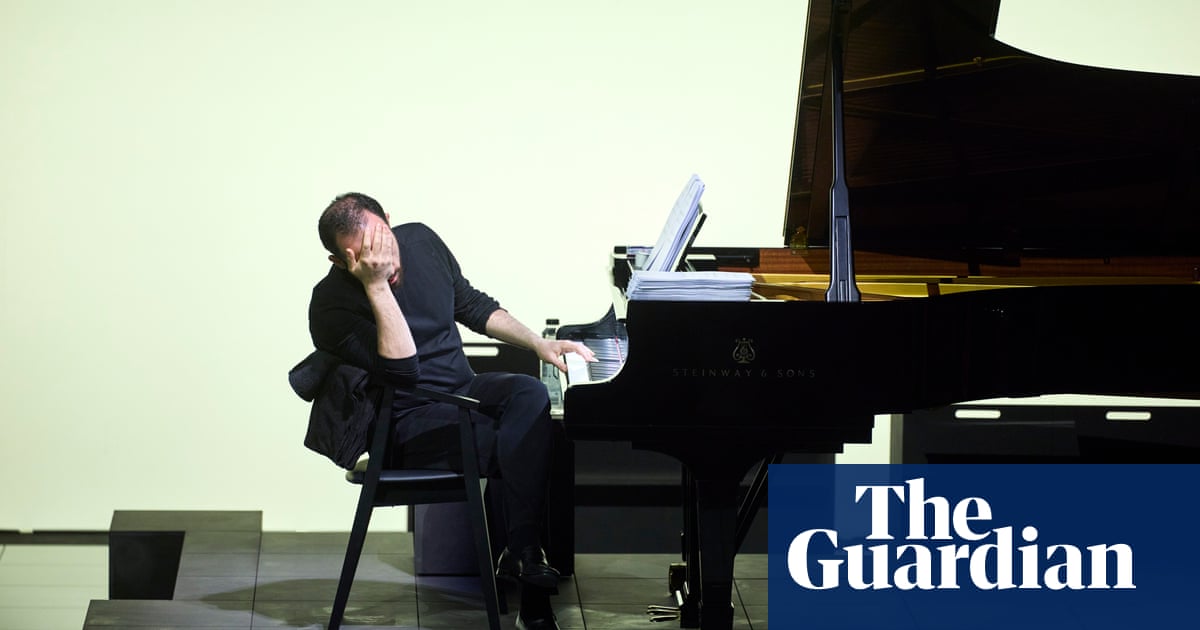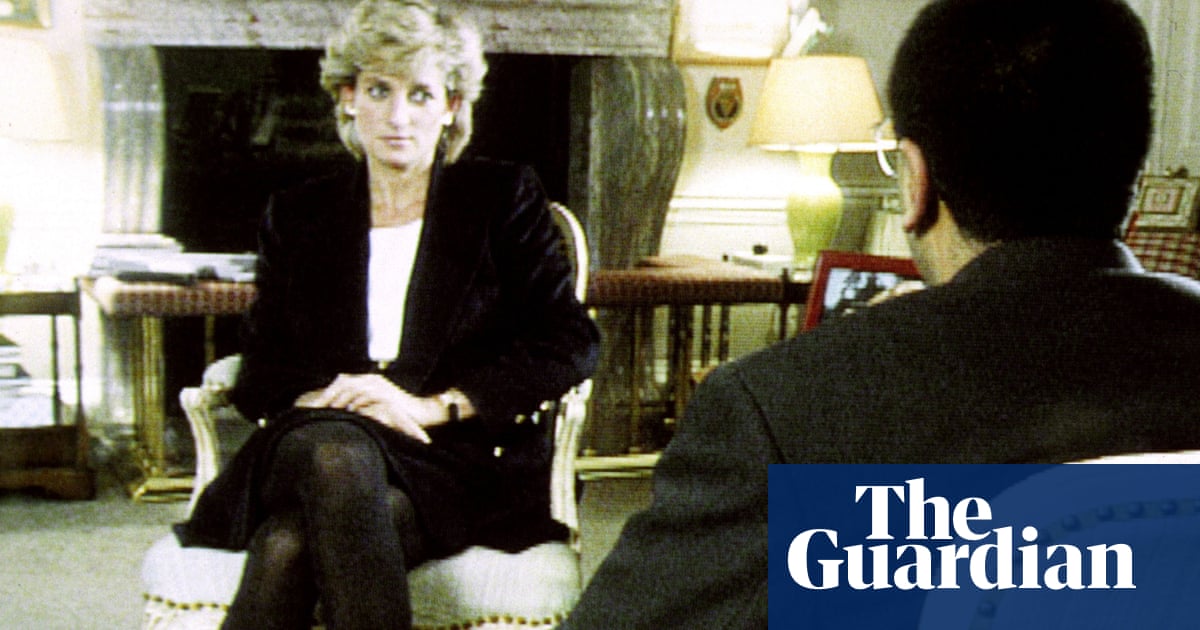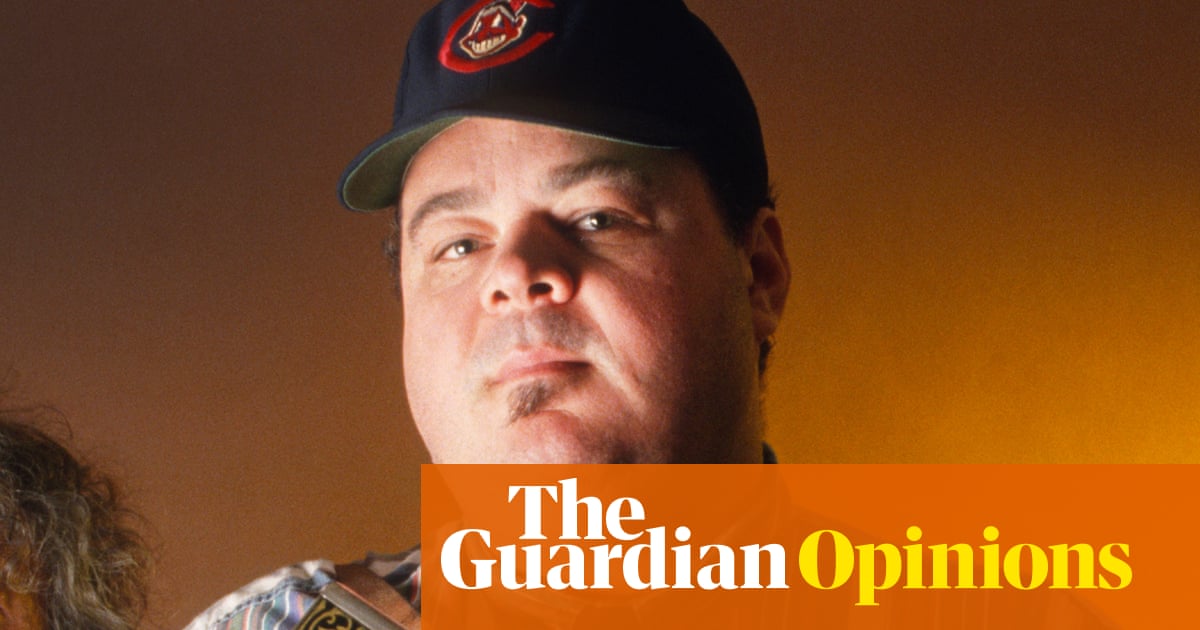The Operation Restoration Christian school sits amid a line of patched-up housing blocks and streetside cookshops in Trench Town. In an area known as one of Kingston’s inner-city crime hotspots, it was founded as a haven for children caught up in gang violence.
Inside, boys in smart khaki uniforms and girls in yellow shirts and pleated burgundy skirts sit chatting in groups. The classrooms are adorned with images of Jamaican heroes, such as Marcus Garvey and past prime ministers – a reminder to the children, says the principal, Robert Dixon, of what they might one day accomplish.
But outside the school walls, the stark reality of crime and poverty is clear. Modest if colourful painted houses are secured by burglar bars; others are crudely built with zinc sheets and bits of wood.
Along the road are makeshift speed bumps, constructed by locals to prevent drive-by shootings. Some streets detour into an intricate maze of alleys sandwiched by zinc-sheet walls. Originally created as shortcuts, such “chappies” or “trappies” are often used by people running from the police.
On a recent afternoon, a line of army vehicles had pulled up not too far from the school by a barrier of drums, tyres and tree branches.
Two soldiers in moss-green combat uniforms and bulletproof jackets stood at the entrance of a house, rifles held across their chests, as angry neighbours shouted and filmed them with their mobiles.

“We heard someone shouting, ‘Murder, murder!’ inside,” cried one woman who said her uncle was one of two men who lived there. “We are not seeing my uncle so we are not sure if he is alive or dead,” she said.
The incident came amid a crackdown launched last month by Jamaican authorities after a spike in homicides. Late in January, there was a fresh wave of unrest after the fatal police shooting of the powerful gang boss Othneil “Thickman” Lobban. States of emergency were declared in parts of the country, giving the police additional powers to conduct searches and arrest suspects.
Jamaica has one of the highest homicide rates in the region, and in recent years it has struggled with a surge in gang-related violence.
But official figures show a 13% drop in murders in January compared with the same month last year, reflecting a downwards trend in homicide rates over the past two years. Meanwhile, the number of people fatally shot by security forces in January rose from 13 in 2024 to 28 this year.
Experts say that the figures reflect an anti-crime strategy that needs to be broadened to address problems rooted in a complex combination of social, political and economic factors. Dr Herbert Gayle, an anthropologist of gang violence at the University of the West Indies, warned that the police were under unsustainable pressure, which risked creating a situation in which officers are “war-ready”.
“War-ready people suffer from fear. And if they are suffering from the ‘fear factor’, they may harm people unnecessarily,” he said. To address the root causes of violent crime, many of which are related to money, a range of ministries need to be involved, not just the security forces. And education, he added, should be one of the priorities.

The experiences of students at the Operation Restoration school illustrate the scale of the challenge. The school – founded by Lorna Stanley, who was later recognised for her contributions to the community with a Jamaica Order of Distinction – supports pupils aged 12 to 17 struggling with numeracy and literacy. But while the children are full of potential, the challenge, said Dixon, is that they are battling past traumas.
One 14-year-old girl whose parent was shot dead when they were just an infant, said that the sight of guns was an everyday part of life, adding: “Most of the time, we’re afraid. Most of the time, we just accept it because it’s normal.”
She said: “I want to see more joy, less gun violence, less killing. I want to see less of those gangs that call themselves different names in my community.”
Dixon said he had seen how the power of education can turn “wayward boys and girls into law-abiding, productive citizens, with some becoming agents of change within their communities”.
But he warned that it was an uphill battle for children who are often caught in a cycle of crime. “I have children who saw their parents killed in front of them, so there is also an intergenerational element, it’s like the trauma is passed down. These children have learned to respond to conflict with immediate threats or violence.”
Diana Thorburn, an expert from the Jamaican thinktank Caribbean Policy Research Institute, said that schools alone cannot tackle the instability of the home environment that many children return to every day or the governance of communities, which are often controlled by powerful criminal overlords, known as dons, she said.
“Improving primary education is essential. But there’s only so far that that can go when you consider the other factors that contribute to outcomes. Many of these communities are ungoverned spaces. The state can’t go in there. The state doesn’t even know how many people are in there. They are not paying for electricity. They are not paying for water. Some of them don’t even have papers, such as birth certificates.
“The political structures of those communities, the governance structures of those communities, the fact that those communities are fundamentally insecure and that they serve as safe havens for gangs – that is the root of the problem.”

Any kind of solution for such communities should start with basics such as regularising land ownership so people have a legal claim to where they live, Thorburn said.
Jamaica’s prime minister, Andrew Holness, has called for a global war on gangs. The threats facing Jamaica, he said, were transnational and required greater international coordination.
Holness has pledged to rid communities of the gangs, which he said were responsible for more than 70% of murders in Jamaica, and the gang bosses who often take on leadership roles in communities.
Appealing to communities to stop supporting gangs, he said in a statement: “There is a sense, and we have seen it displayed publicly, that somehow the gangs are protectors of the community or are your friends. The gangs are not your protectors, they are not your friends, they are using you.
“The plan of the government is not to target and harm communities in pursuit of the gangs. The strategy of the government is to separate gangs and criminals from the community and law-abiding citizens.”
Gayle stressed that any strategy to remove gangs should also focus on removing the “system or the pool from which they are recruited”.
He said: “You can remove a person who is taking care of a hundred young people and helping a hundred children to go to school. But if the state does not take on those hundred children what do you think will happen?
“So we can remove dons now and we may even see quick impact, but in months - usually between 18 and 24 months – as gangs readjust, we see a spike back in the murders. And you know what the trend is eventually? Going up, going up, going up.”

.png) 2 months ago
19
2 months ago
19


